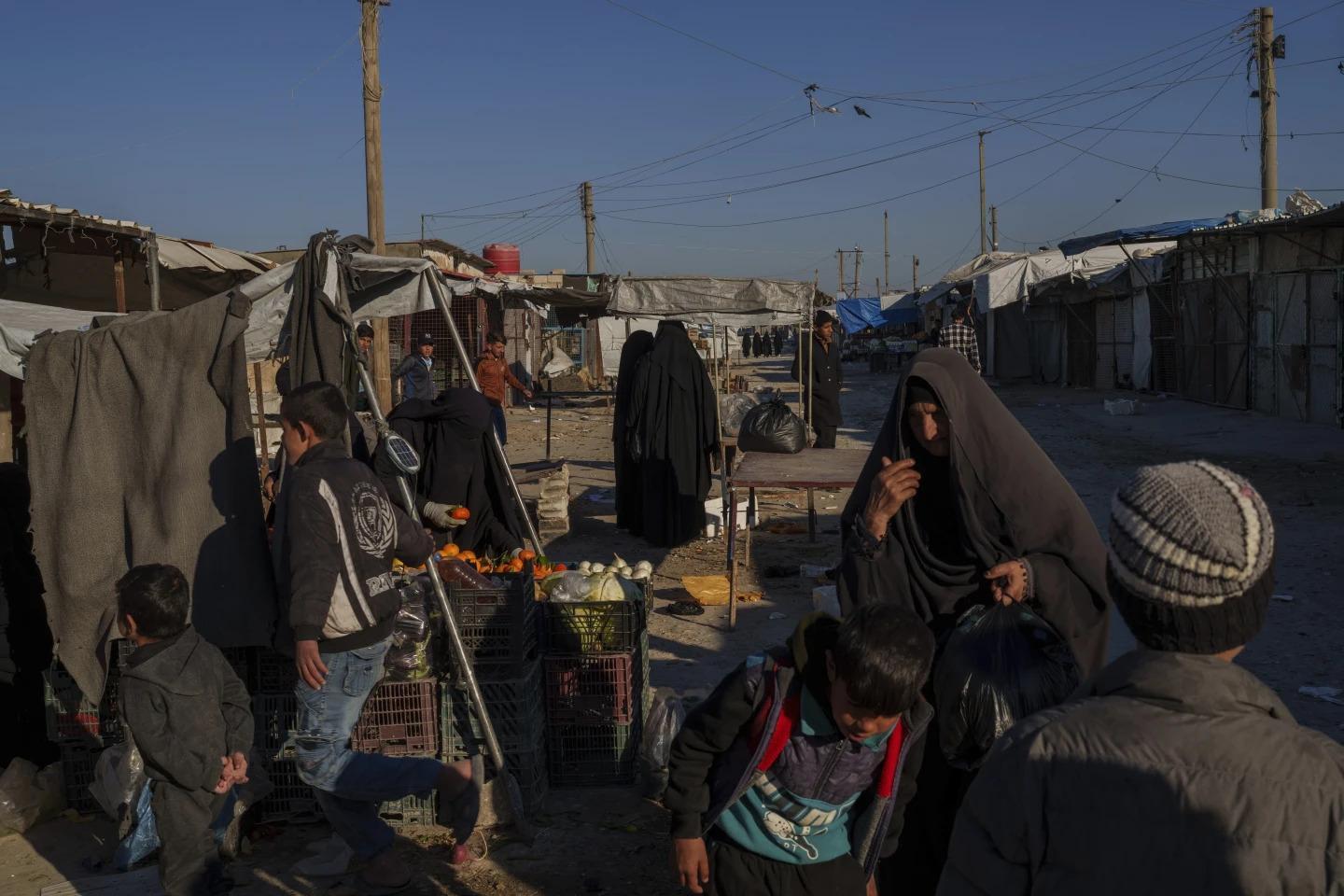
The ISIL terrorist organization is exploiting instability in Africa and Syria and remains a significant threat in Afghanistan, Central Asia and Europe, U.N. counterterrorism experts have said.
The terror group is now using advanced technologies, including artificial intelligence, and social media, which poses a new challenge, the experts told a U.N. Security Council meeting.
ISIL declared a self-styled caliphate in a large swath of Syria and Iraq that it seized in 2014. It was declared defeated in Iraq in 2017 following a three-year battle that left tens of thousands of people dead and cities in ruins, but its sleeper cells remain in both countries and it has affiliates and supporters in many other countries.
The U.N. has seen a resurgence of activity by ISIL in the Sahel — in Burkina Faso, Mali and Niger — and in West Africa the group has emerged “as a prolific producer of terrorist propaganda and attracted foreign terrorist fighters, primarily from within the region,” said Vladimir Voronkov, who heads the U.N. Office of Counter-Terrorism.
In northcentral Africa’s Lake Chad Basin region, ISIL is "increasingly receiving foreign material and human support to conduct its operations, including money, drones and expertise on improvised explosive devices.”
In the Middle East, he said that ISIL "stays active in Iraq and the Syrian Arab Republic, working to restore its operational capacity in the Badia region."
"The use of new and emerging technologies by listed terrorist groups remains a growing challenge," Voronkov said, warning that reports of ISIL seeking to recruit cybersecurity experts are "gravely concerning."